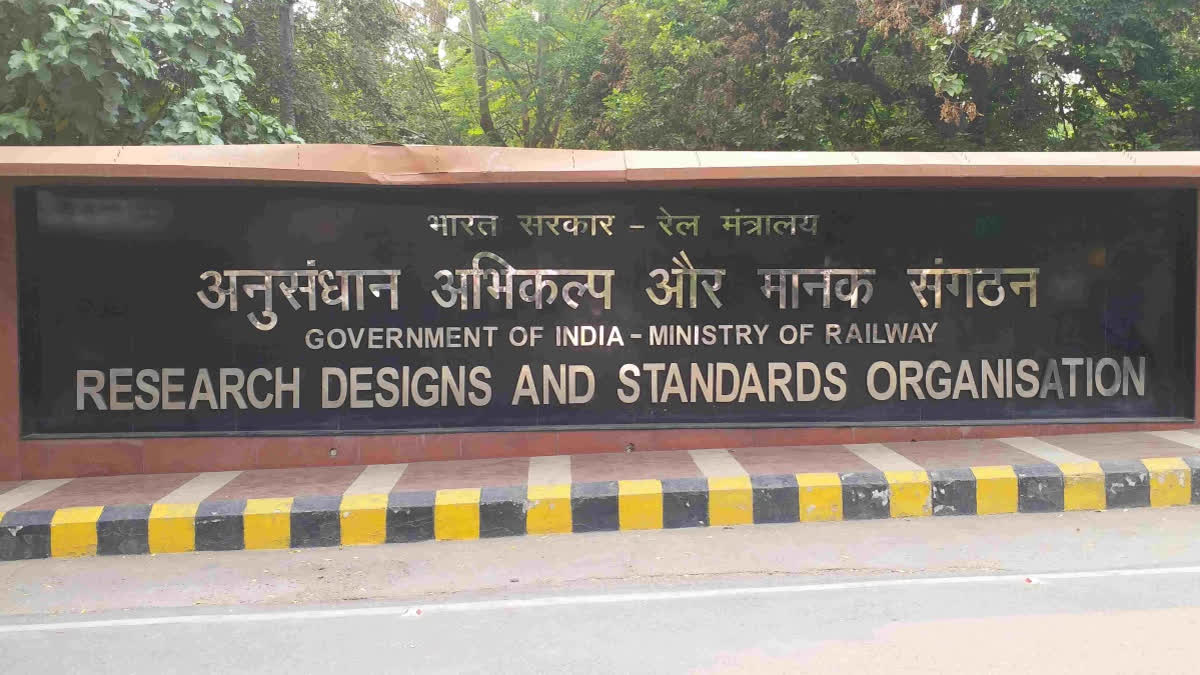Innovative Testing at RDSO: Developing Safe and Efficient Trains in Lucknow
Key Ideas
- RDSO in Lucknow conducts rigorous testing on all aspects of train components using advanced technology and equipment, including from the USA.
- The organization is currently researching hydrogen trains and artificial intelligence for revolutionary advancements in rail travel safety and efficiency.
- Testing at RDSO includes brake systems, fatigue testing for bogies, and air brake tests for passenger and freight trains, ensuring high safety standards.
- The innovative approaches at RDSO, like real-time data monitoring and advanced braking systems, contribute to comfortable journeys and improved train speed.
The Research Designs and Standards Organisation (RDSO) in Lucknow, India, plays a crucial role in ensuring the safety and efficiency of Indian Railways. Through rigorous testing and research, RDSO develops cutting-edge technologies for train components. Currently, RDSO is pioneering the development of hydrogen trains and artificial intelligence interventions. The organization's testing procedures include comprehensive evaluations of brake systems, fatigue testing for bogies, and air brake tests for passenger and freight trains. Utilizing advanced equipment from the United States, such as the Moog machine, RDSO conducts detailed simulations to enhance train safety and performance. The organization's innovative approaches, like real-time data monitoring and advanced braking systems, lead to a reduction in braking distance, improved speed, and a more comfortable journey for passengers. With 14 laboratories dedicated to various testing procedures, RDSO continues to push the boundaries of rail technology. Established in 1957, RDSO has a rich history of developing heavy-duty locomotives, ultrasonic detection techniques for rail tracks, and other groundbreaking advancements in railway technology.
